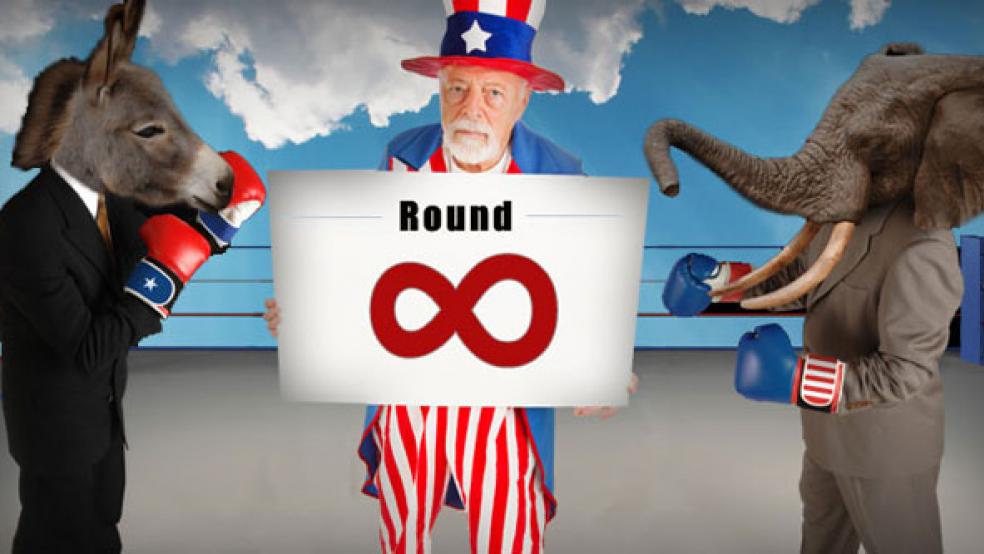Dictionary publisher Merriam-Webster just named “polarization” its 2024 word of the year, and if you need any evidence that it is an apt choice, consider this: Even before President-elect Donald Trump takes office again, Republicans are already feeling more upbeat about the economy than they have since November 2020, while consumer sentiment among Democrats has taken a decidedly gloomy turn, falling to its lowest level since July 2022, when gas prices were spiking.
Those findings are from the preliminary December report for the University of Michigan’s Consumer Sentiment Index, released on Friday — the first such temperature reading since Trump was reelected.
“The post-election shift in the economic perceptions of Republicans and Democrats is not shocking. A similar story has played out following previous changes in power in the White House, including after the 2016 and 2020 elections,” CNN’s Matt Egan writes. “Still, the magnitude of the shift is startling, and researchers say it reflects the county’s political polarization.”
Consumer sentiment overall is rising, according to the Michigan index, which just posted its highest reading in seven months. Republican views have swung dramatically, from an index reading below 50 as of August and September to nearly 82 now. And forward-looking expectations among Republicans are soaring, from an index level of 53.4 as of June to 105.9 now. Democrats, meanwhile, have grown sharply more pessimistic about the future, with the sentiment index dropping from 94 as of August to 48.7 now.
“This adjustment process is consistent with a response to actual underlying changes in expectations for the national economy, and not merely an expression of partisanship,” Joanne Hsu, the survey director, said in a statement. “For example, throughout this month’s interviews, Democrats voiced concerns that anticipated policy changes, particularly tariff hikes, would lead to a resurgence in inflation. Republicans disagreed; they expect the next president will usher in an immense slowdown in inflation. As such, national measures of sentiment and expectations continue to reflect the collective economic experiences and observations of the American population as a whole.”
In other words, the two sides have very different ideas about the effects Trump’s policies — especially his promised tariffs — will have. And some Trump defenders see his tariff talk as a negotiating strategy as much as anything else. Still, Trump himself told NBC News in an interview taped Friday that he can’t guarantee prices won’t rise as a result of his tariffs, though he disagrees with the mainstream economic consensus that consumers will pay for his levies.
Consumers are already buying some big-ticket items they expect will cost much more next year. “This is not a sign of strength,” Hsu told CNN. “People think it’s a better time to buy durables because they are expecting prices to skyrocket next year — and they want to avoid that.”
Inflation expectations for the year ahead rose from 2.6% last month to 2.9% this month in the University of Michigan survey, the highest reading in six months. Long-run inflation expectations dipped from 3.2% last month to 3.1% this month.





